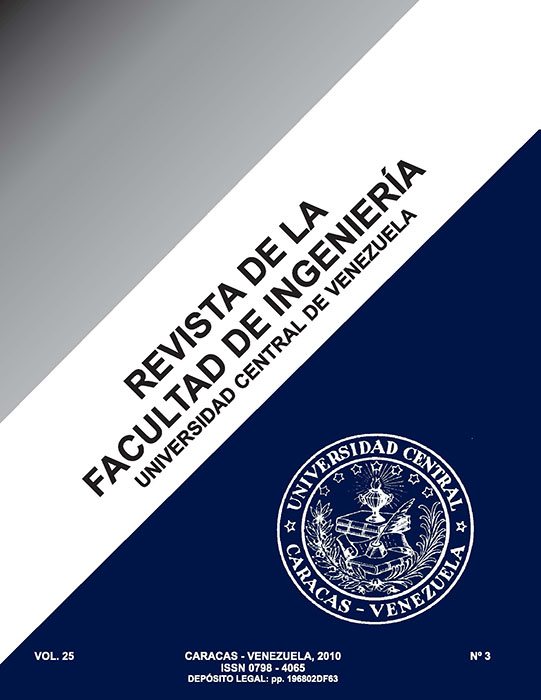APRENDIENDO MATEMÁTICA A TRAVÉS DE LOS PROCESOS DE PENSAMIENTO / Learning Mathematics Through Thought Processes
Palavras-chave:
Aprendizaje, Procesos de pensamiento, Matemática, Estrategias de aprendizaje, Emociones.Resumo
Para los estudiantes que se encontraban en su última oportunidad de aprobar matemáticas I (MA1111), de acuerdo con el reglamento de la Universidad Simón Bolívar (USB), se creó la asignatura MA0002. El objetivo principal de este trabajo es presentar las estrategias de aprendizaje de la matemática a través de los procesos de pensamiento utilizadas en dicha asignatura. El diseño fue cuasi-experimental con posprueba únicamente y grupo control. Un grupo quedó conformado por 15 estudiantes que inscribieron la asignatura MA0002 voluntariamente y el grupo control por 30 estudiantes que no lo hicieron. Ambos grupos pertenecían a la misma cohorte y estaban cursando MA1111. Para los dos grupos se tomó como medición posprueba la calificación obtenida en matemáticas I. El grupo que recibió el entrenamiento mediante la asignatura MA0002 aprobó matemáticas I en una cantidad significativamente mayor que el grupo que no recibió el entrenamiento (Jí cuadrado = 42, p < 0,05). Los estudiantes que recibieron el entrenamiento reportaron aumento en sus niveles de concentración, seguridad, autoestima, un mejor uso de las estrategias de aprendizaje y una disminución de la ansiedad. Los resultados de esta investigación muestran la eficacia de utilizar procesos de pensamiento como parte de la enseñanza de las matemáticas en estudiantes universitarios, así como el manejo de situaciones emocionales frente al estudio y presentación de exámenes. Se recomienda la aplicación de este tipo de estrategias cognitivas y afectivas para estudiantes que reprueben MA1111 en su primera oportunidad o para aquellos que perciban que ya tienen dificultades en su primer curso.
ABSTRACT
For students who had one final chance to pass Mathematics I (MA1111), the subject MA0002 was created, in agreement with the regulations at the Universidad Simon Bolivar (USB). The main aim of this work is to display the strategies of learning mathematics through the processes of thought used in this subject. The design applied was quasi-experimental with post-test and control group. A group was made up of 15 students who enrolled in MA0002 voluntarily and the group control of 30 students not following MA0002. Both groups belonged to the same cohort and were attending MA1111. For both groups the post-test was taken to measure their qualification in Mathematics I. The group that received the training by means of MA0002 passed Mathematics I significantly better than the group that did not receive the training (Jí squared = 42, p < 0,05). The students who received the training increased their levels of concentration, security, self-esteem, a better use of learning strategies and a decrease of the usual anxiety. The results of this study show the effectiveness of processes of thought as part of mathematics education for university students, as well as the handling of emotional situations in the face of study and exam taking. The application of this type of mental and affective strategies is recommended for students taking MA1111 for a second time or for those that already perceive that they have difficulties in this subject.
Keywords: Learning, Thought processes, Mathematics, Learning strategies, Emotions.



